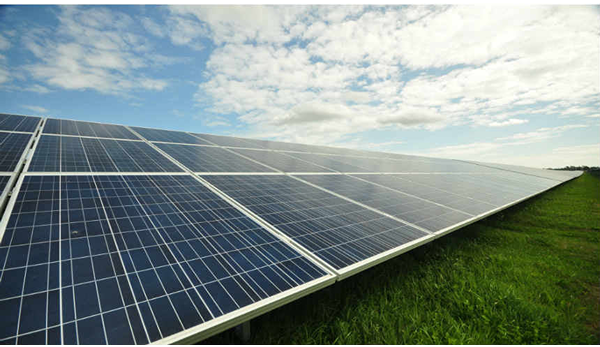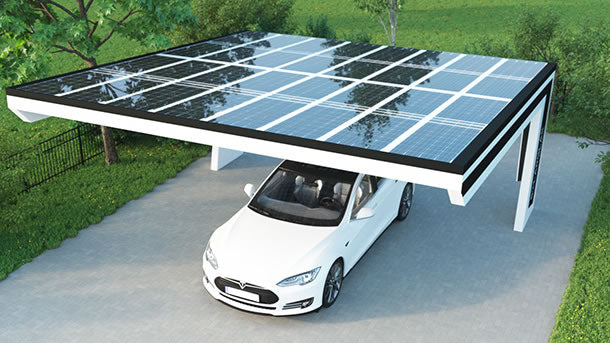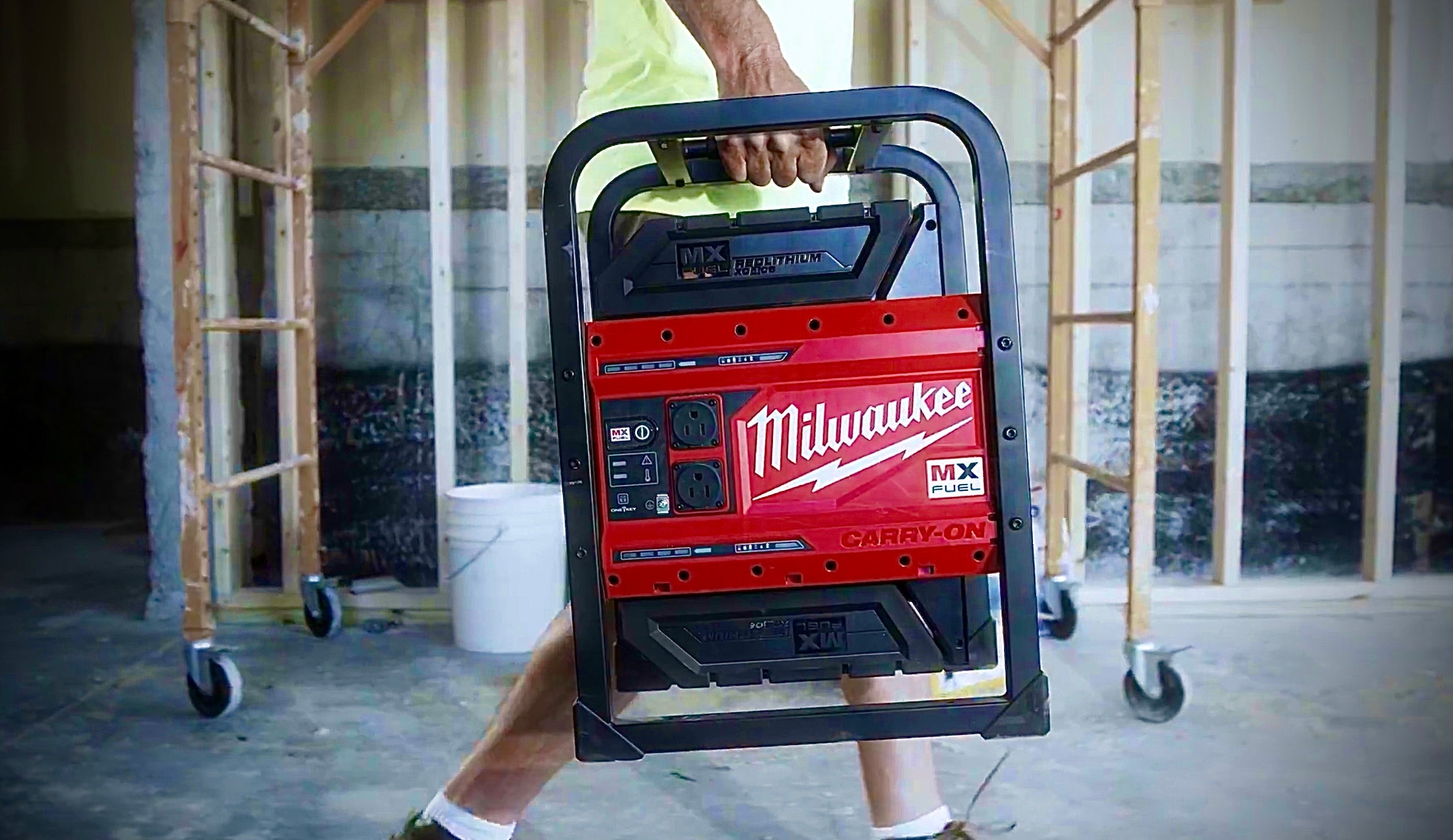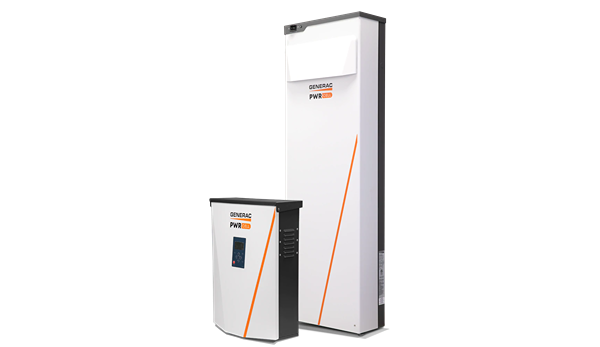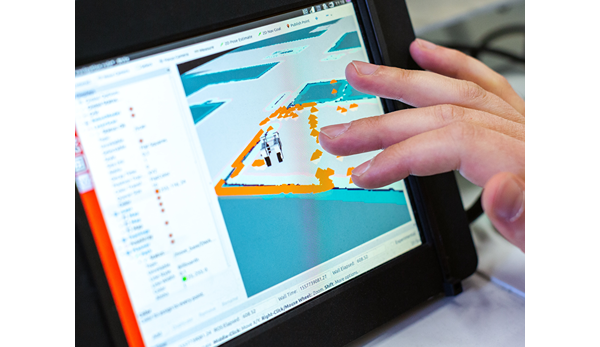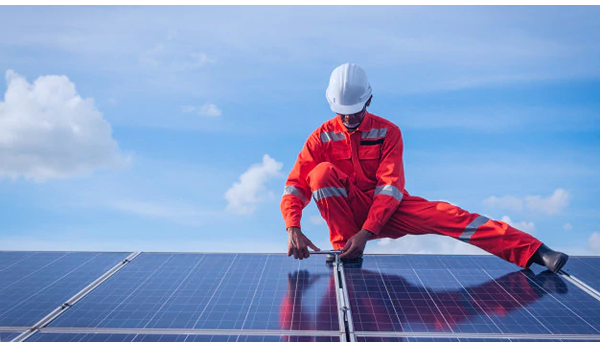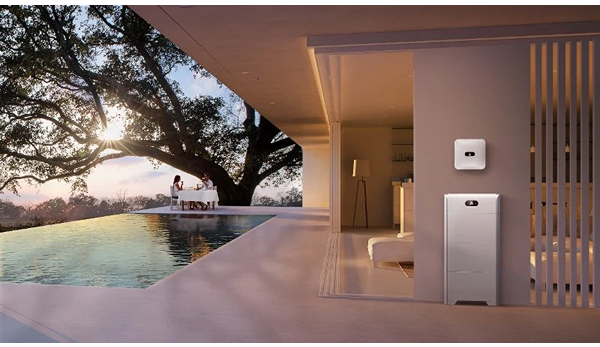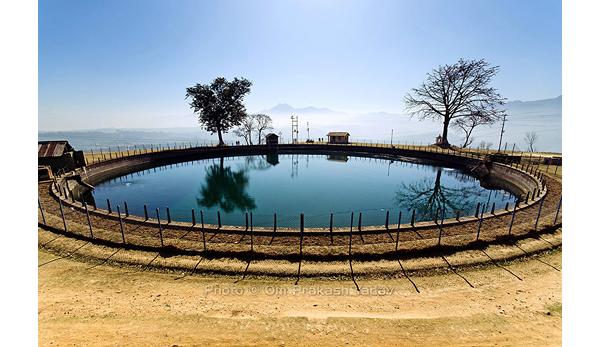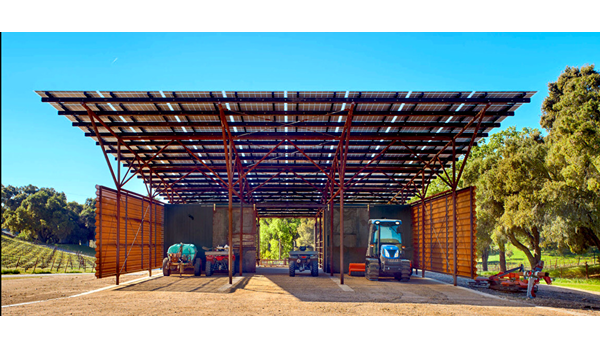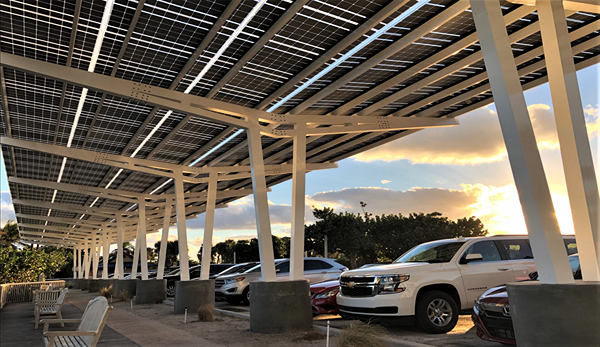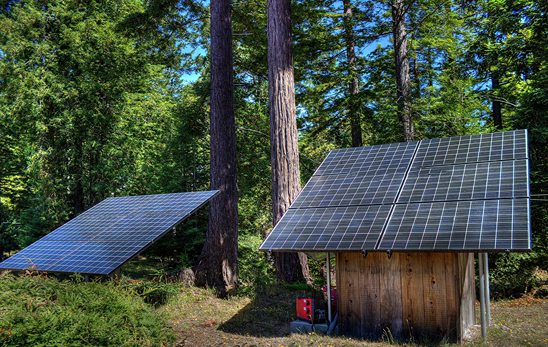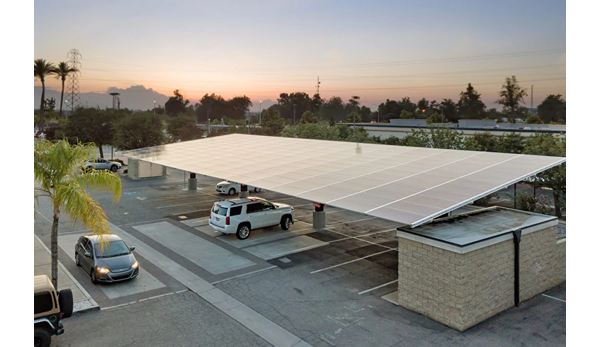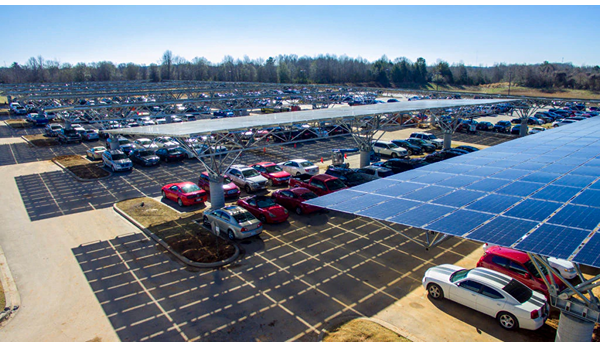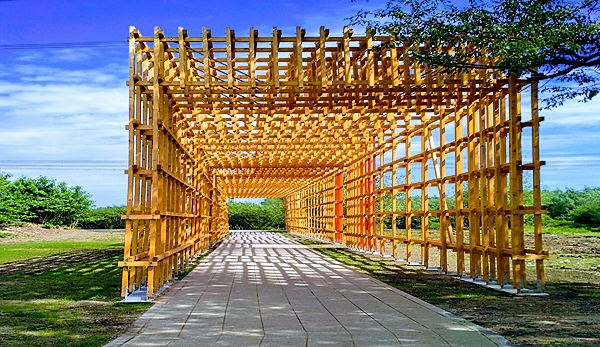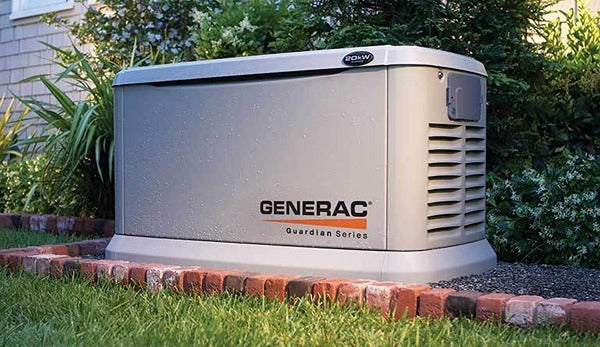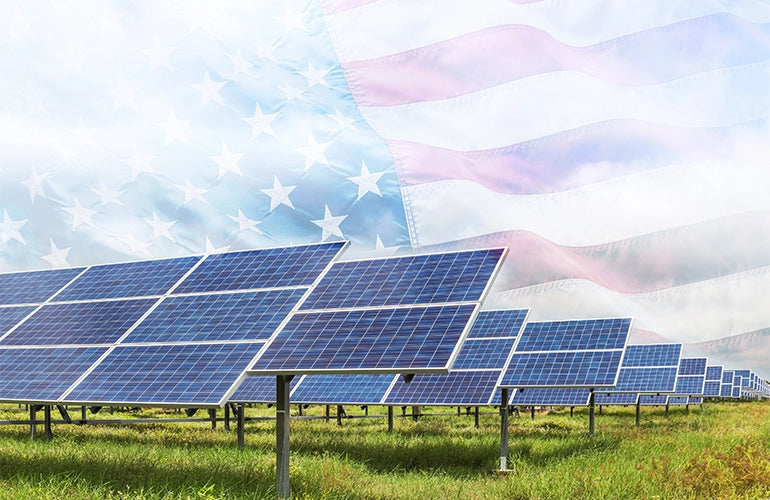
The Key to Solar Success - Pick the Right Panels
The Key to Solar Success -
Pick the Right Panels
When it comes to harnessing the power of the sun, one of the crucial factors for achieving solar success lies in selecting the right solar panels. The importance of this decision cannot be overstated, as it directly impacts the efficiency and effectiveness of your entire solar energy system. By choosing the right panels, you can maximize your solar energy efficiency and ensure a sustainable and reliable source of power for years to come.
Understanding Solar Panels
Before delving into the factors that should guide your decision-making process, it is essential to understand what solar panels are and how they work. Solar panels, also known as photovoltaic (PV) modules, are devices that convert sunlight into electricity. They consist of multiple solar cells, typically made of silicon, which generate an electric current when exposed to sunlight.
Types of Solar Panels
There are several types of solar panels available in the market, each with its own unique characteristics and advantages. Understanding these options will enable you to make an informed decision:
1. Monocrystalline Panels:
Monocrystalline panels are crafted from a single crystal structure, making them highly efficient and space-efficient. These panels are recognized for their uniform appearance and high power output, making them a popular choice for residential and commercial installations.
2. Polycrystalline Panels:
Polycrystalline panels are made from multiple silicon crystals, which results in a slightly lower efficiency compared to monocrystalline panels. However, they are known for their cost-effectiveness and durability, making them a reliable option for those on a budget.
3. Thin-Film Panels:
Thin-film panels employ a different technology by depositing thin layers of photovoltaic material onto a substrate. These panels are lightweight, flexible, and offer enhanced versatility. They also perform well in low-light conditions, making them suitable for certain applications.
4. Bifacial Panels:
Bifacial panels have the ability to generate electricity from both top and bottom surfaces, capturing sunlight from the front and reflected light from the rear. This unique design increases their energy generation potential, especially in areas with highly reflective surfaces.
5. Solar Shingles:
Solar shingles are an innovative and aesthetically pleasing option that integrates seamlessly with existing architectural features. These shingles blend in with traditional roofing materials while harnessing solar energy, making them an excellent choice for homeowners seeking a visually appealing solar solution.
Factors to Consider Before Choosing Solar Panels
When selecting solar panels for your specific needs, it is crucial to consider the following factors:
1. Your Energy Needs and Consumption:
Assess your energy requirements by analyzing your past electricity bills and understand your consumption patterns. This evaluation will help determine the number and capacity of solar panels you need to meet your energy goals.
2. Available PV Surface Space:
Evaluate the available space on your property for installing solar panels. Consider the orientation and tilt of roof surfaces, shading from nearby objects, and any other obstructions that may affect sunlight exposure.
3. Budget and Cost Considerations:
Determine your budget for the solar panel system, including the installation and any additional equipment required. Compare prices and consider the long-term savings that solar energy can provide.
4. Solar Panel Efficiency:
Efficiency is a critical factor to consider as it determines how effectively solar panels can convert sunlight into electricity. Look for high-efficiency panels to optimize the energy production of your system.
5. Durability and Warranty:
Assess the durability and lifespan of the solar panels by considering the material quality and longevity. Additionally, review the manufacturer's warranty to ensure you are protected against potential defects or malfunctions.
6. Aesthetics and Design:
Consider the visual impact of the solar panels on your property. Evaluate the available options for colors, blends, and designs that can integrate harmoniously with your existing architecture.
7. Environmental Impact:
Environmental consciousness is paramount when selecting solar panels. Investigate the manufacturer's commitment to sustainability, including their carbon footprint, use of recycled materials, and end-of-life recycling and disposal options.
Evaluating Solar Panel Efficiency
Efficiency ratings play a vital role in determining the performance of solar panels. It is essential to understand the factors affecting efficiency and compare it across different panel types to make an informed decision.
Understanding Efficiency Ratings
Efficiency ratings indicate the percentage of sunlight that solar panels can convert into electricity. The higher the efficiency rating, the more electricity a panel can generate from the available sunlight. Efficiency ratings typically range from 15% to 25%.
Factors Affecting Efficiency
1. Temperature Coefficient:
Solar panels are affected by temperature, and their efficiency can decrease as the temperature rises. It is important to consider the temperature coefficient, which indicates how much the panel's efficiency will decline per degree Celsius increase in temperature.
2. Tolerance Rating:
Tolerance rating represents the manufacturing tolerance for the panel's efficiency rating. A lower tolerance rating signifies a smaller variation in performance, ensuring more consistent energy production.
3. Reflection and Absorption:
The ability of solar panels to absorb sunlight efficiently and minimize reflection impacts their overall efficiency. High-quality panels are designed to minimize reflection and maximize absorption.
Comparing Efficiency Across Panel Types
When comparing efficiency across different types of solar panels, monocrystalline panels usually have the highest efficiency ratings, followed by polycrystalline panels, thin-film panels, bifacial panels, and solar shingles. However, it is important to consider other factors, such as available space, budget, and specific requirements, to make the right choice.
Assessing Durability and Warranty
To ensure the longevity and reliability of your solar panel system, it is crucial to assess the durability and warranty provided by the manufacturer.
Material Quality and Longevity:
High-quality materials and construction techniques contribute to the durability of solar panels. Look for panels made from robust materials that can withstand various weather conditions and have a proven track record of longevity.
Testing and Certification Standards:
Consider whether the panels have undergone rigorous testing and adhere to recognized industry standards. Certifications from organizations such as the International Electrotechnical Commission (IEC) and Underwriters Laboratories (UL) provide assurance of quality and safety.
Manufacturer's Warranty:
Review the manufacturer's warranty to understand the coverage and duration provided. A comprehensive warranty that covers defects, performance degradation, and other issues will give you peace of mind and protection against unforeseen circumstances.
Performance Warranty:
In addition to the manufacturer's warranty, check for performance warranties. These warranties guarantee that the solar panels will maintain a certain level of performance over a specified period, ensuring that your investment continues to deliver the expected results.
Considering Aesthetics and Design
The visual impact of solar panels on your property can be a significant consideration, especially if you prioritize aesthetics or have specific design requirements.
Traditional Solar Panels vs. Solar Shingles:
Traditional solar panels are the most common option and are mounted on racks or frames. On the other hand, solar shingles offer a more seamless integration with your roof, mimicking the appearance of traditional roofing materials.
Color Options and Blends:
Some manufacturers offer solar panels in various colors and blends, allowing you to choose a design that matches your existing roof or desired aesthetic.
Integration with Existing Architectural Features:
Assess how well the solar panels or solar shingles can integrate with your property's architectural features. This consideration is particularly important for historical buildings or structures with specific design requirements.
Understanding Environmental Impact
Selecting solar panels that align with your environmental values is crucial for reducing your carbon footprint and promoting sustainability.
Carbon Footprint and Emissions:
Investigate the manufacturing process of the solar panels and the carbon emissions associated with their production. Look for manufacturers that prioritize eco-friendly practices, such as using renewable energy in their manufacturing facilities.
Use of Recycled Materials:
Consider whether the manufacturer utilizes recycled materials in the production of their solar panels. Opting for panels that incorporate recycled components helps reduce waste and conserves valuable resources.
End-of-Life Recycling and Disposal Options:
Explore the manufacturer's policies regarding the end-of-life stage of solar panels. A responsible manufacturer will have recycling programs or options for proper disposal, ensuring minimal environmental impact.
Selecting the Right Solar Panel Type
Based on the factors discussed, each solar panel type offers distinct advantages. Consider the following to choose the right type for your specific needs:
Monocrystalline Panels: Efficiency and Space Efficiency
If maximizing efficiency and space is a priority, monocrystalline panels are an excellent choice. They provide high power output in a compact design, making them ideal for limited roof space or areas with high energy requirements.
Polycrystalline Panels: Cost-Effectiveness and Durability
Polycrystalline panels offer a cost-effective solution without compromising on durability. They are a reliable choice for those seeking long-lasting panels while staying within a budget.
Thin-Film Panels: Versatility and Low-Light Performance
Thin-film panels are flexible and lightweight, providing versatility in installation options. They are also known for their superior performance in low-light conditions, making them suitable for regions with less sunlight exposure.
Bifacial Panels: Increased Energy Generation Potential
Bifacial panels have the unique ability to capture sunlight from both sides, resulting in increased energy generation. These panels are ideal for installations where there are reflective surfaces or a need for maximizing energy production.
Solar Shingles: Seamless Integration and Aesthetics
Solar shingles offer a visually appealing and seamless integration with your roof. If aesthetics and architectural harmony are important to you, solar shingles are an excellent choice.
Choosing the Right Solar Panel Manufacturer
Selecting a reputable and experienced solar panel manufacturer is crucial to ensure the quality and reliability of your system.
Reputation and Experience:
Research the manufacturer's reputation and assess their experience in the industry. Long-standing manufacturers with a positive track record often deliver superior products and customer support.
Customer Reviews and Testimonials:
Read customer reviews and testimonials to gauge the satisfaction levels of previous buyers. Pay attention to feedback regarding product performance, durability, and overall experience.
Certifications and Industry Recognition:
Look for manufacturers with certifications from recognized organizations, as these demonstrate compliance with industry standards. Awards and recognition from reputable institutions also indicate a manufacturer's commitment to excellence.
Warranty and Support:
Evaluate the manufacturer's warranty coverage and the availability of customer support. A manufacturer that stands behind their products with comprehensive warranties and responsive support is a valuable partner in your solar journey.
Evaluating Solar Panel Installers
To ensure a smooth and successful installation, it is essential to choose a reliable and qualified solar panel installer.
Researching Local Installers:
Conduct thorough research to identify local installers with a solid reputation and a proven track record. Check their online presence, customer reviews, and ratings from reputable sources.
Credentials and Certifications:
Verify the installer's credentials and certifications to ensure they have the necessary expertise and training. Look for certifications such as the North American Board of Certified Energy Practitioners (NABCEP) or relevant state licenses.
Quotes and Pricing:
Request quotes from multiple installers to compare their offerings and pricing. Ensure the quotes include the complete scope of work and any additional charges to make an informed decision.
Customer References and Portfolio:
Ask for customer references and examples of their previous installations. Contact the references to gain insights into their experiences and satisfaction with the installer's services.
Financial Considerations and Incentives
When assessing the financial aspects of solar panel installation, several considerations come into play.
Calculating Return on Investment (ROI):
Calculate the return on investment by estimating the savings on your electricity bills over the lifespan of the solar panel system. Consider factors such as the cost of the system, available incentives, and the projected increase in electricity prices.
Available Tax Credits and Incentives:
Research the tax credits and incentives available at the local, state, and federal levels. These incentives can significantly offset the initial investment and reduce the payback period.
Financing Options and Leasing Programs:
Explore financing options, such as solar loans or leasing programs, to make the upfront cost more manageable. Carefully review the terms and conditions of these options to ensure they align with your financial goals.
Solar Panel Maintenance Costs:
Factor in the ongoing maintenance costs, such as cleaning, inspection, and potential repairs, when assessing the financial implications of solar panel ownership. These costs are typically minimal but should be considered for budgeting purposes.
The Importance of Professional Installation
While it may be tempting to consider a DIY approach, professional installation ensures safety, compliance, and optimal system performance.
Safety and Compliance:
Professional installers have the necessary knowledge and experience to safely handle the installation process, ensuring compliance with electrical and building codes. They understand the specific requirements and precautions to minimize the risk of accidents or damage.
Optimal Panel Placement and Angle:
Professional installers assess your property to determine the optimal panel placement and tilt angle for maximum sunlight exposure. They consider shading, obstructions, and the local climate to position the panels for optimal performance.
Proper Wiring and Connection:
Wiring and connecting the solar panels to the electrical system require expertise to ensure safe and reliable operation. Professional installers follow industry best practices and standards to guarantee proper wiring and connection.
Grid Connection and Net Metering:
Professional installers handle the grid connection process, including the necessary permits and paperwork. They can also help you navigate net metering arrangements, allowing you to sell excess electricity back to the grid.
Maintenance and Upkeep of Solar Panels
To ensure the longevity and optimal performance of your solar panel system, proper maintenance and upkeep are essential.
Regular Cleaning and Inspection:
Schedule regular cleaning of your solar panels to remove dirt, debris, and any other obstructions that can reduce their efficiency. Additionally, perform periodic inspections to identify any signs of wear or damage.
Monitoring Energy Production:
Utilize monitoring systems to track your solar panel system's energy production. This data allows you to identify any potential issues and take appropriate action promptly.
Handling Repairs and Replacements:
In the event of damage or malfunctions, contact your installer or a qualified professional to handle repairs or replacements. Attempting to fix electrical or structural issues yourself can be dangerous and may void warranties.
Maximizing Panel Lifespan:
Follow the manufacturer's recommended guidelines for maintenance and take proactive measures to maximize the lifespan of your solar panels. This includes addressing any issues promptly, maintaining a clean and obstruction-free environment, and adhering to proper usage and care practices.
Frequently Asked Questions (FAQs)
To address common inquiries related to solar panels, consider the following frequently asked questions:
How long do solar panels last?
Solar panels typically have a lifespan of 25 to 30 years, although their actual longevity can vary depending on various factors such as manufacturing quality, environmental conditions, and maintenance.
Can I install solar panels myself?
While it is possible to install solar panels yourself, it is strongly recommended to hire professional installers. They possess the expertise, equipment, and knowledge to ensure a safe and efficient installation.
Do solar panels work in cold climates?
Solar panels can still generate electricity in cold climates as long as they receive sunlight. In fact, colder temperatures can improve the efficiency of solar panels, resulting in increased energy production.
What happens during a power outage?
In most grid-tied solar panel systems, the electricity generated by the panels is used to power your home or business. During a power outage, the system will automatically shut down to prevent backfeeding into the grid. However, with the addition of battery storage or backup systems, you can continue to have electricity during outages.
How can I estimate my solar energy production?
Solar energy production estimation depends on various factors, including panel efficiency, sunlight availability in your location, shading, and system size. Online solar calculators or consultation with a solar professional can help provide a more accurate estimation based on your specific circumstances.
Conclusion
Choosing the right solar panels is the key to solar success. By considering factors such as energy needs, space availability, budget, efficiency, durability, aesthetics, and environmental impact, you can make an informed decision. Additionally, selecting a reputable manufacturer and professional installer, while factoring in financial considerations and incentives, ensures a seamless and rewarding solar journey. With the right panels in place, you can maximize your solar energy efficiency, reduce your carbon footprint, and enjoy the numerous benefits of clean and renewable energy.



